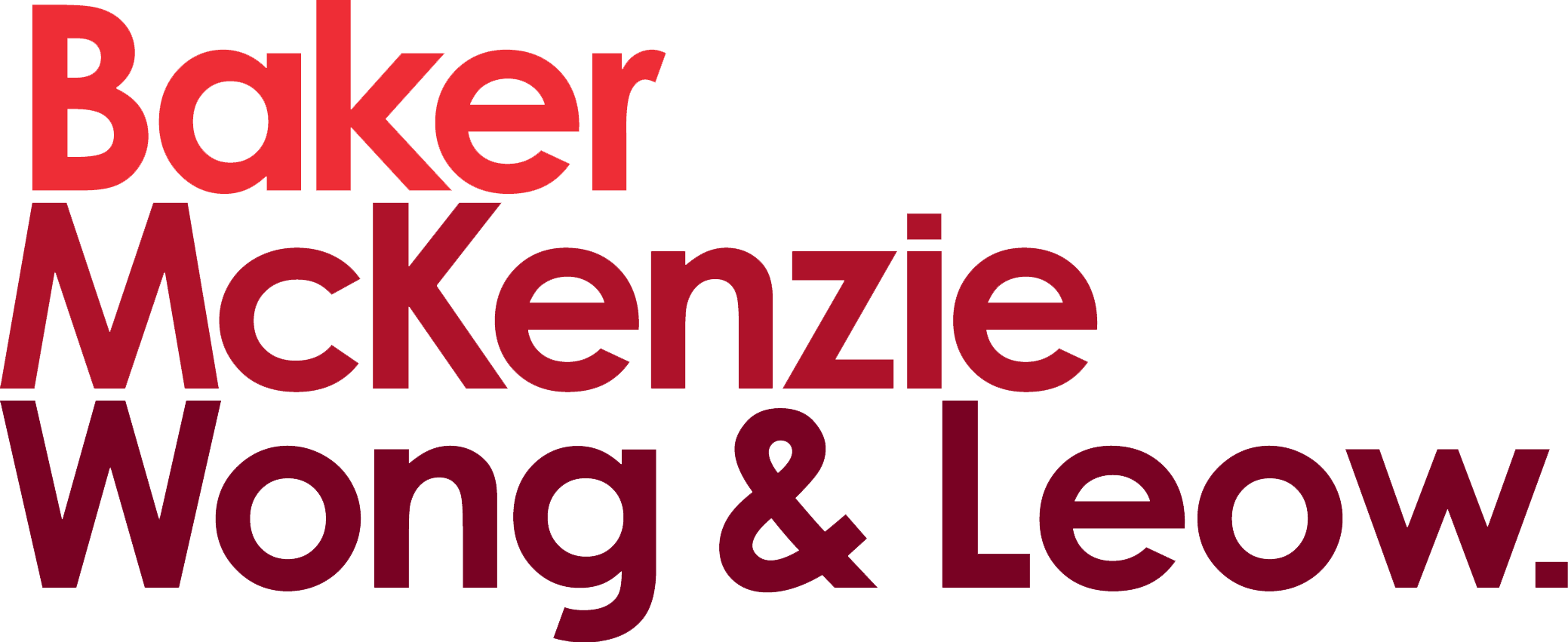In brief
The Therapeutic Products Branch and the Health Products Regulation Group of the Health Sciences Authority (HSA) recently revised its Guidance on Therapeutic Product Registration in Singapore (“TP Guidance“), which took effect on 29 April 2022.
Key takeaways
- The HSA releases guidance documents to help companies meet the regulatory requirements governing their therapeutic product dealings. Such documents are updated from time to time in order to improve regulatory efficiency and enhance clarity in the regulatory requirements and processes adopted by the HSA.
- The updated TP Guidance may therefore be viewed as a welcome change to prospective and current therapeutic product registrants. The revisions to the post-approval minor variations offer helpful additional guidance to assist registrants in streamlining their product lifecycle management efforts. Furthermore, amendments to Sections 14.3, 24.1 and Chapter E of the TP Guidance may enable prospective biological products and biosimilar registrants to enjoy cost and time savings in respect of their therapeutic product registration(s).
Background
The Therapeutic Products Branch and the Health Products Regulation Group of the Health Sciences Authority (HSA) recently revised its Guidance on Therapeutic Product Registration (“TP Guidance“), which took effect on 29 April 2022.
First, the HSA made four main revisions to the post-approval minor variations checklists (MIV-1 and MIV-2):
| Nature of revision | In greater detail |
| Recategorization of several chemical, manufacturing and controls variations from MIV-2 Notification to MIV-2 Do-And-Tell | Drug substance:Change in batch size of drug substance (DS) within 10‐fold of currently approved batch sizeTightening of DS specification limits or in-process tests of limits (IPC) of DSMinor change of test procedure of DSRevision of Certificate of Suitability (CEP) of DSSubmission of CEP for an approved DS manufacturerDrug product and excipients:Minor change in the manufacturing process for drug product (DP)Tightening of DP specification limits or IPC of DPMinor change of test procedure for excipientChange in source of empty hard capsule (non-animal derived material)Change of outer carton pack sizes of the DP |
| Releasing new checklists under MIV-2 Do-And-Tell | The ‘Change of release shelf-life specification to comply with latest compendium’ checklist has been expanded into three separate checklists: Change of specification of DS to comply with latest compendiumChange of specification of DP to comply with latest compendiumChange of specification of excipient or DS starting material to comply with latest compendiumIntroduction of the ‘Change in the specification parameters and/or limits or test procedure of primary packaging material’ checklistIntroduction of the ‘Change in name and/or address of product registrant on product labelling’ checklist |
| Releasing new checklists under MIV-1 | Introduction of the ‘Widening of specification limits of IPC or deletion of test parameters and limits of IPC of DP’ checklistIntroduction of the ‘Widening of specification limits and deletion of significant test parameter of excipients’ checklist |
| Other changes | Expansion of scope of product labelling change under Do-And-TellInclusion of requirements for submission of electronic format of drug master file (DMF) prior to the submission of MIV-1 applications supported by DMFStreamlining of submission requirementsClarification of conditions and/or documentation requirements |
Next, Sections 14.3 and 24.1 of the TP Guidance have been amended to extend the verification evaluation route to biological products and biosimilar products. This is intended to enable a greater leveraging of reference agencies’ assessments and minimize the duplication of effort.
Finally, along with making minor and editorial amendments to several key appendices, the guidance initially set out in the now obsolete Appendix 15 has been consolidated under Chapter E of the updated TP Guidance to provide a centralized information source on the registration of biosimilar products.
* * * * *

© 2022 Baker & McKenzie.Wong & Leow. All rights reserved. Baker & McKenzie.Wong & Leow is incorporated with limited liability and is a member firm of Baker & McKenzie International, a global law firm with member law firms around the world. In accordance with the common terminology used in professional service organizations, reference to a “principal” means a person who is a partner, or equivalent, in such a law firm. Similarly, reference to an “office” means an office of any such law firm. This may qualify as “Attorney Advertising” requiring notice in some jurisdictions. Prior results do not guarantee a similar outcome.



